Description
“Myanmar: Government and Politics” by Verinder Grover is a comprehensive and insightful book that delves into the complex world of Myanmar’s government and political landscape. Grover, an esteemed political scientist and expert in Southeast Asian politics, provides a thorough analysis of Myanmar’s historical background, the evolution of its government, and the key political challenges the country has faced. The book serves as a valuable resource for scholars, policymakers, and anyone interested in understanding Myanmar’s political dynamics.
In this book review, we will explore the various aspects of “Myanmar: Government and Politics,” including its summary, analysis, evaluation, comparison with other works, interpretation of themes, characterization, and the author’s writing style. Additionally, we will examine what people have to say about the book, highlighting its strengths and the overall verdict.
In “Myanmar: Government and Politics,” Verinder Grover provides a comprehensive overview of Myanmar’s political system, spanning from its pre-colonial era to the present day. Grover skillfully examines the key historical events that shaped Myanmar’s political landscape, such as British colonial rule, the struggle for independence, and the subsequent military regimes. The book delves into the establishment of Myanmar’s democratic government and the challenges it faced in its transition.
Grover analyzes the intricate interplay between Myanmar’s government institutions, political parties, and ethnic groups, shedding light on the complexities of power dynamics within the country. He explores the role of the military in Myanmar’s politics, the challenges of ethnic conflicts, and the issues surrounding human rights and democratic governance. The book also delves into Myanmar’s international relations, particularly its relationships with neighbouring countries and major global powers.
Verinder Grover’s analysis in “Myanmar: Government and Politics” is meticulous and well-researched. He presents a balanced assessment of the country’s political situation, highlighting both its achievements and challenges. Grover draws upon a wide range of primary and secondary sources, including government documents, scholarly research, and interviews, to provide a comprehensive understanding of Myanmar’s political landscape.
One of the book’s strengths lies in its in-depth exploration of Myanmar’s ethnic conflicts. Grover provides nuanced insights into the complex relationships between the central government and various ethnic groups, examining the historical roots and contemporary manifestations of these conflicts. His analysis helps readers grasp the multifaceted nature of Myanmar’s political challenges and the importance of ethnic reconciliation for sustainable peace and development.
Furthermore, Grover’s evaluation of Myanmar’s democratic transition is enlightening. He critically examines the successes and shortcomings of the democratic government, shedding light on the obstacles it faces in consolidating democratic practices and institutions. His analysis of the military’s continued influence in Myanmar’s politics offers valuable insights into the complexities of power-sharing arrangements and democratic consolidation.
Compared to other books on Myanmar’s politics, Grover’s work stands out for its comprehensive scope and meticulous analysis. While some books may focus on specific aspects of Myanmar’s politics, such as the military’s role or ethnic conflicts, “Myanmar: Government and Politics” provides a holistic examination of the country’s political landscape. Grover’s book serves as a valuable companion to scholars and researchers seeking a comprehensive understanding of Myanmar’s political dynamics.
Another notable feature is the book’s contemporary relevance. Grover provides an up-to-date analysis of recent political developments in Myanmar, including the transition from military rule to civilian government and the subsequent challenges faced by the democratic regime. This current analysis sets the book apart from older works that may not reflect the rapidly evolving political situation in the country.
Throughout “Myanmar: Government and Politics,” Verinder Grover explores several recurring themes that shed light on Myanmar’s political trajectory. One significant theme is the struggle for democracy and human rights in the face of military dominance. Grover examines the various movements, including the 1988 uprising and the Saffron Revolution, that have shaped Myanmar’s path toward democratic governance. The book underscores the importance of continued efforts to protect and promote democratic values in the country.
Another key theme is the ethnic diversity and conflicts within Myanmar. Grover delves into the historical background of these conflicts and explores the challenges they pose to the country’s unity and stability. The book emphasizes the need for inclusive policies and dialogue to address ethnic grievances and foster national reconciliation.
In “Myanmar: Government and Politics,” the focus is primarily on the political actors and institutions rather than individual characters. However, Grover skillfully weaves together the narratives of key figures, such as Aung San Suu Kyi and various military leaders, to provide a deeper understanding of their roles and contributions to Myanmar’s political landscape. The characterization highlights the complexities and contradictions inherent in these political actors, adding depth to the analysis.
About the Author:
Verinder Grover is a renowned political scientist and scholar specializing in Southeast Asian politics. With decades of experience studying the region’s political dynamics, Grover brings a wealth of expertise to his analysis of Myanmar’s government and politics. He has authored numerous books and articles on various aspects of Southeast Asian politics, earning him recognition as a leading authority in the field. Grover’s deep knowledge and understanding of the subject matter are evident throughout “Myanmar: Government and Politics.”
Verinder Grover’s writing style in “Myanmar: Government and Politics” are scholarly yet accessible. He presents complex political concepts clearly and concisely, making the book suitable for both experts and general readers. Grover’s writing is engaging, and he effectively incorporates anecdotes, historical narratives, and real-world examples to illustrate his points. The book is well-structured, with each chapter building upon the previous ones, facilitating a comprehensive understanding of Myanmar’s political landscape.
What People Say About This Book:
“Myanmar: Government and Politics” has garnered praise for its comprehensive analysis, in-depth research, and relevance to the current political situation in Myanmar. Scholars and experts in the field have commended Verinder Grover for his balanced approach and nuanced understanding of the country’s politics. The book has been hailed as a valuable resource for academics, policymakers, and anyone seeking a thorough understanding of Myanmar’s government and political dynamics.
- Comprehensive analysis of Myanmar’s government and political landscape.
- Meticulous research and well-balanced assessment of political challenges.
- In-depth exploration of ethnic conflicts and their impact on Myanmar’s politics.
- Up-to-date analysis of recent political developments in the country.
- Scholarly yet accessible writing style that caters to a wide range of readers.


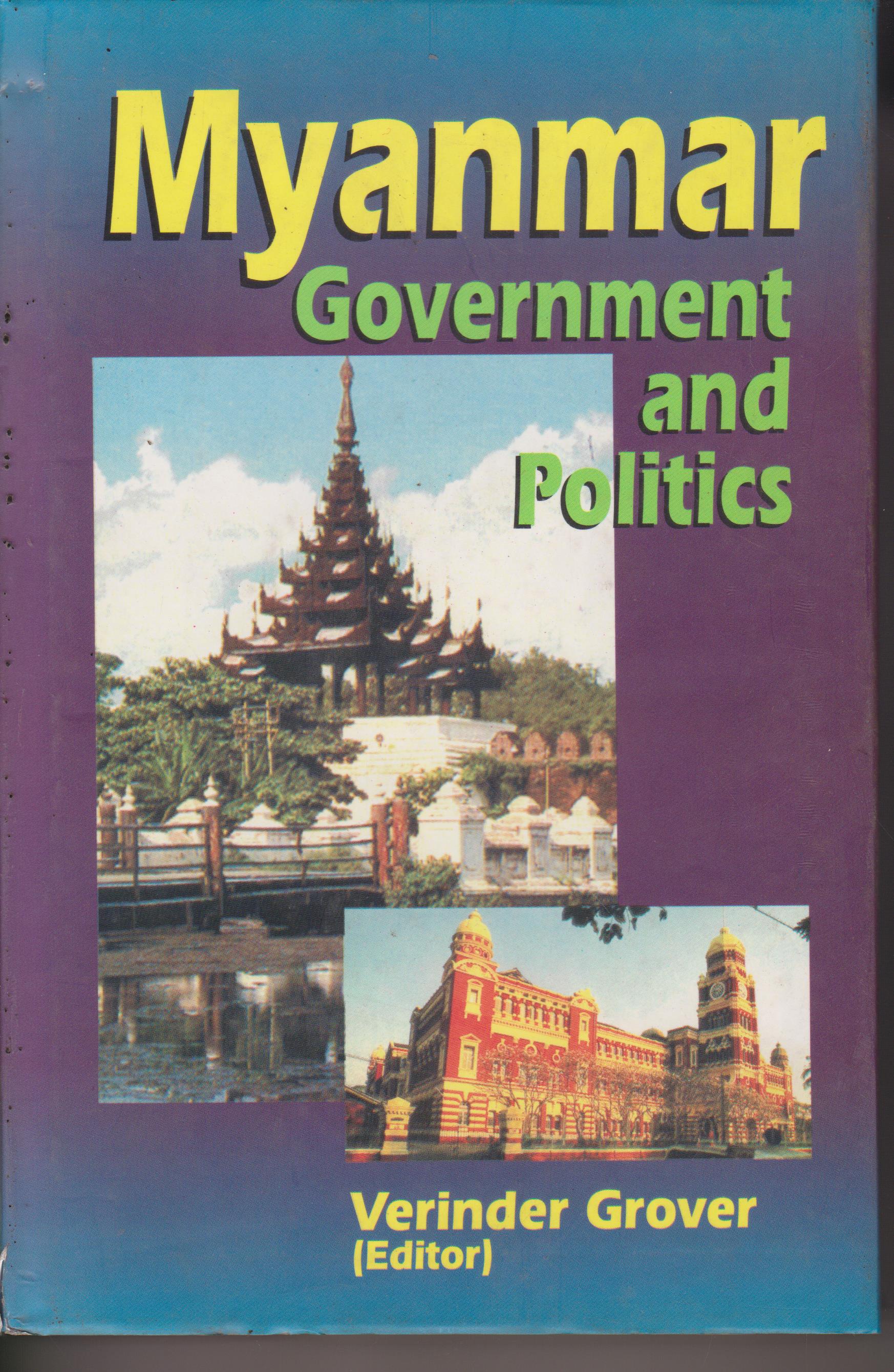
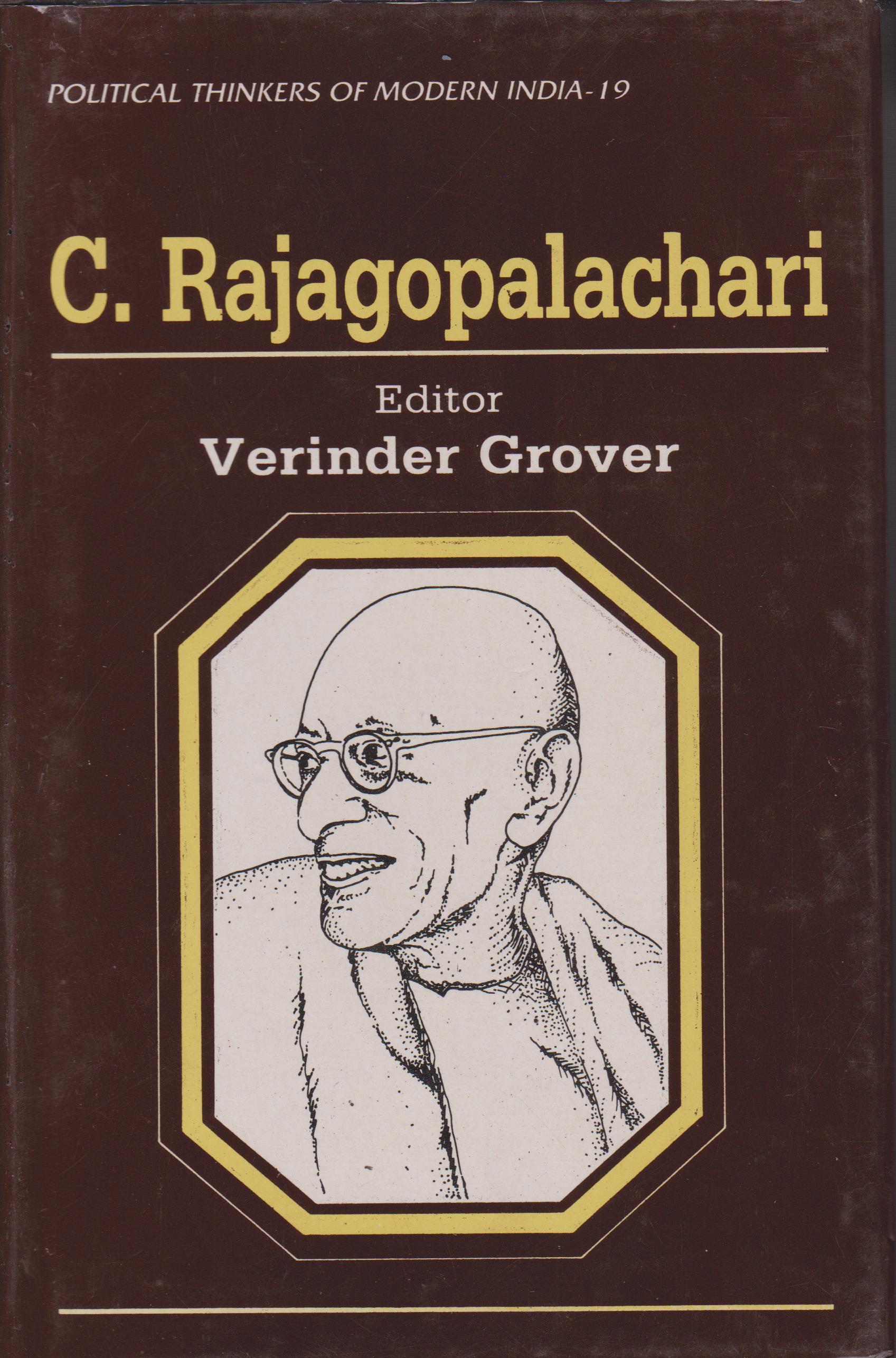
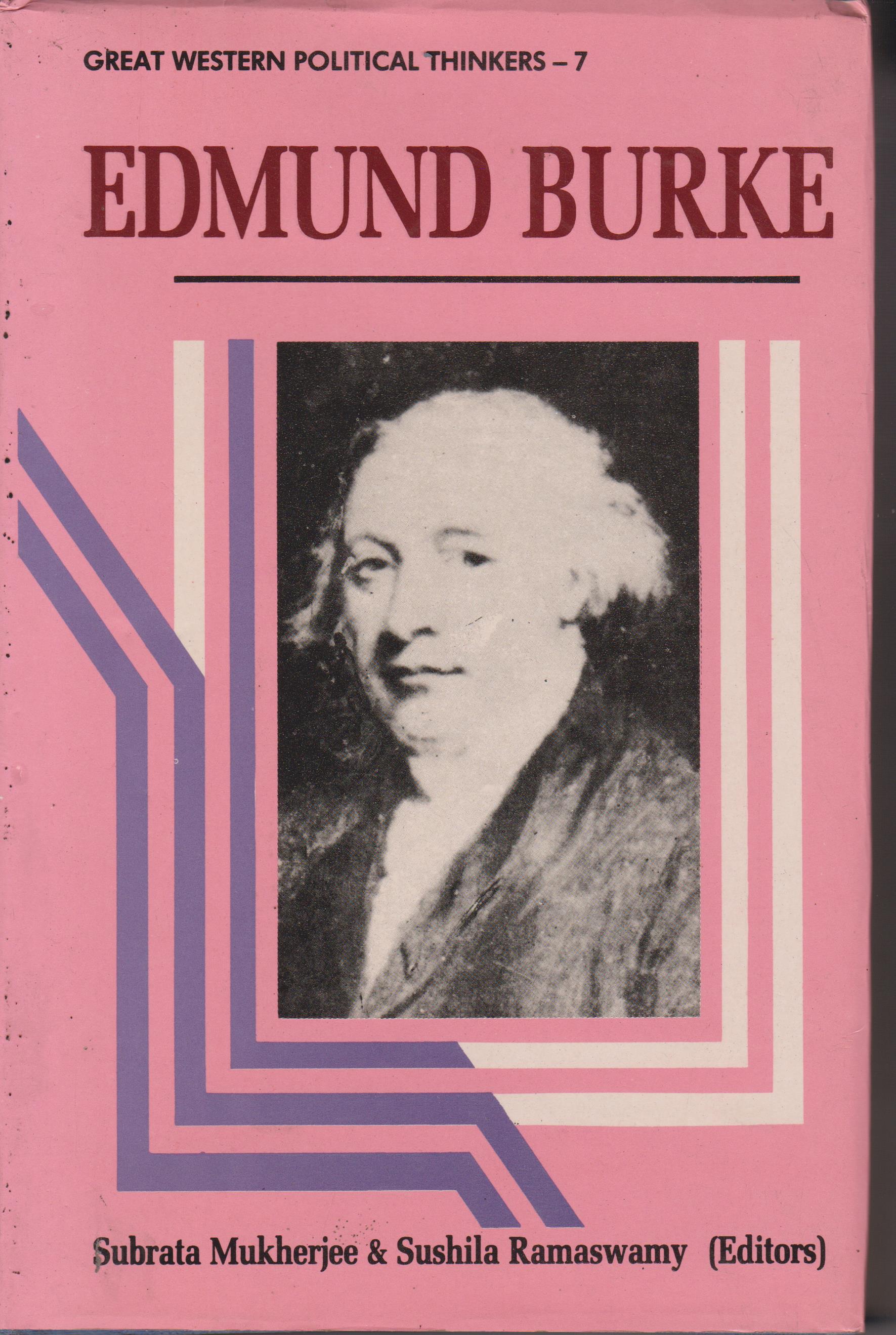
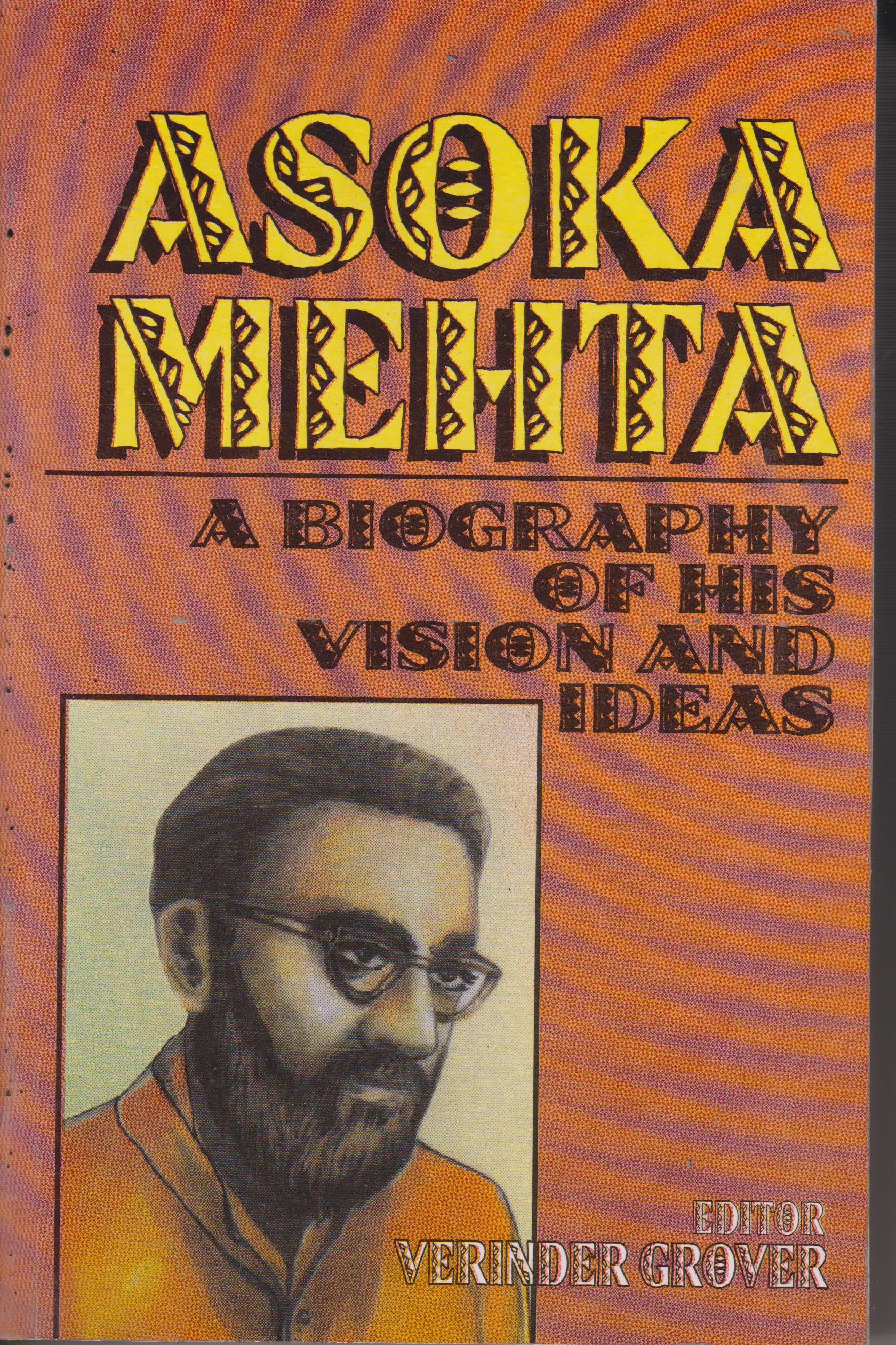

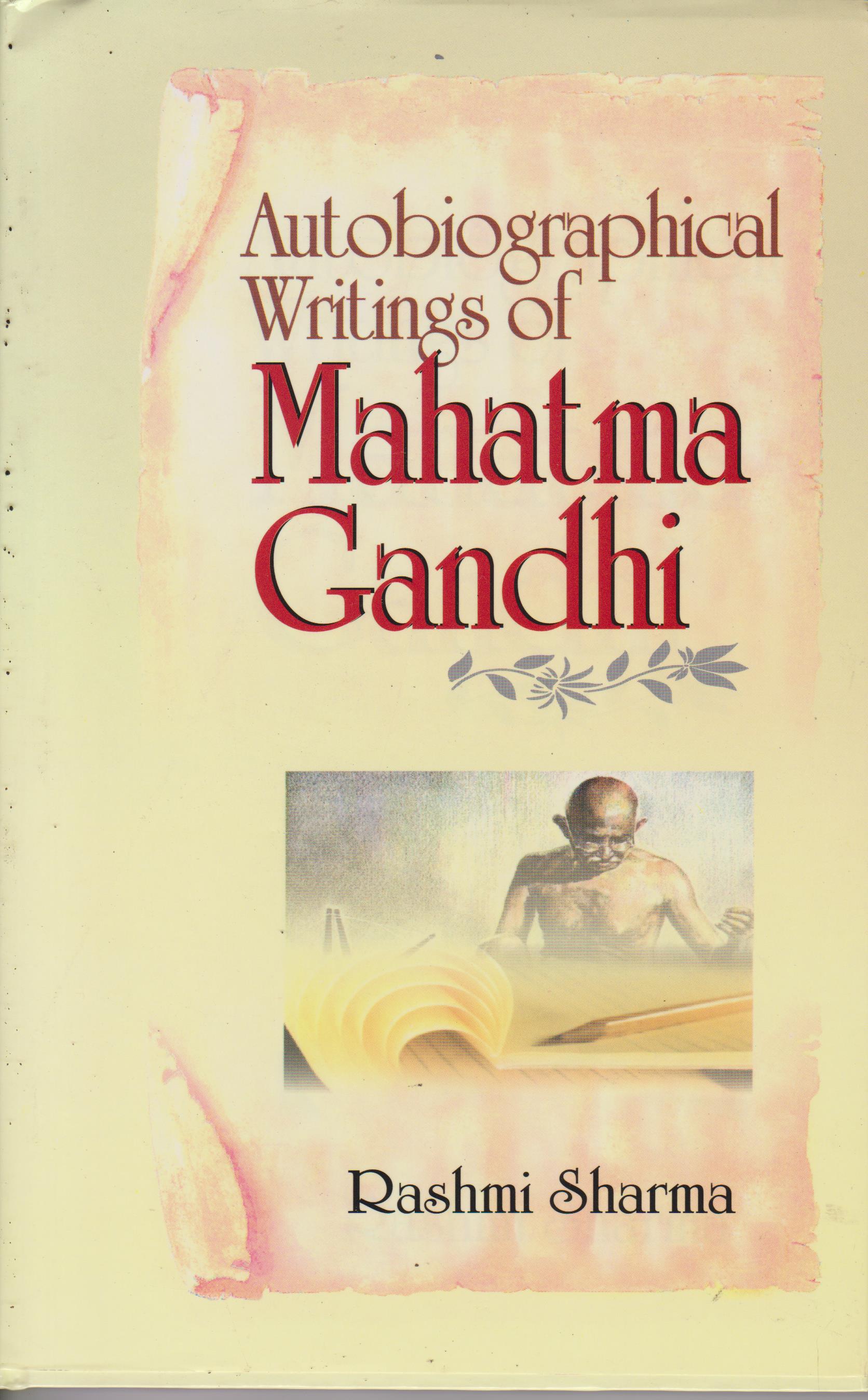

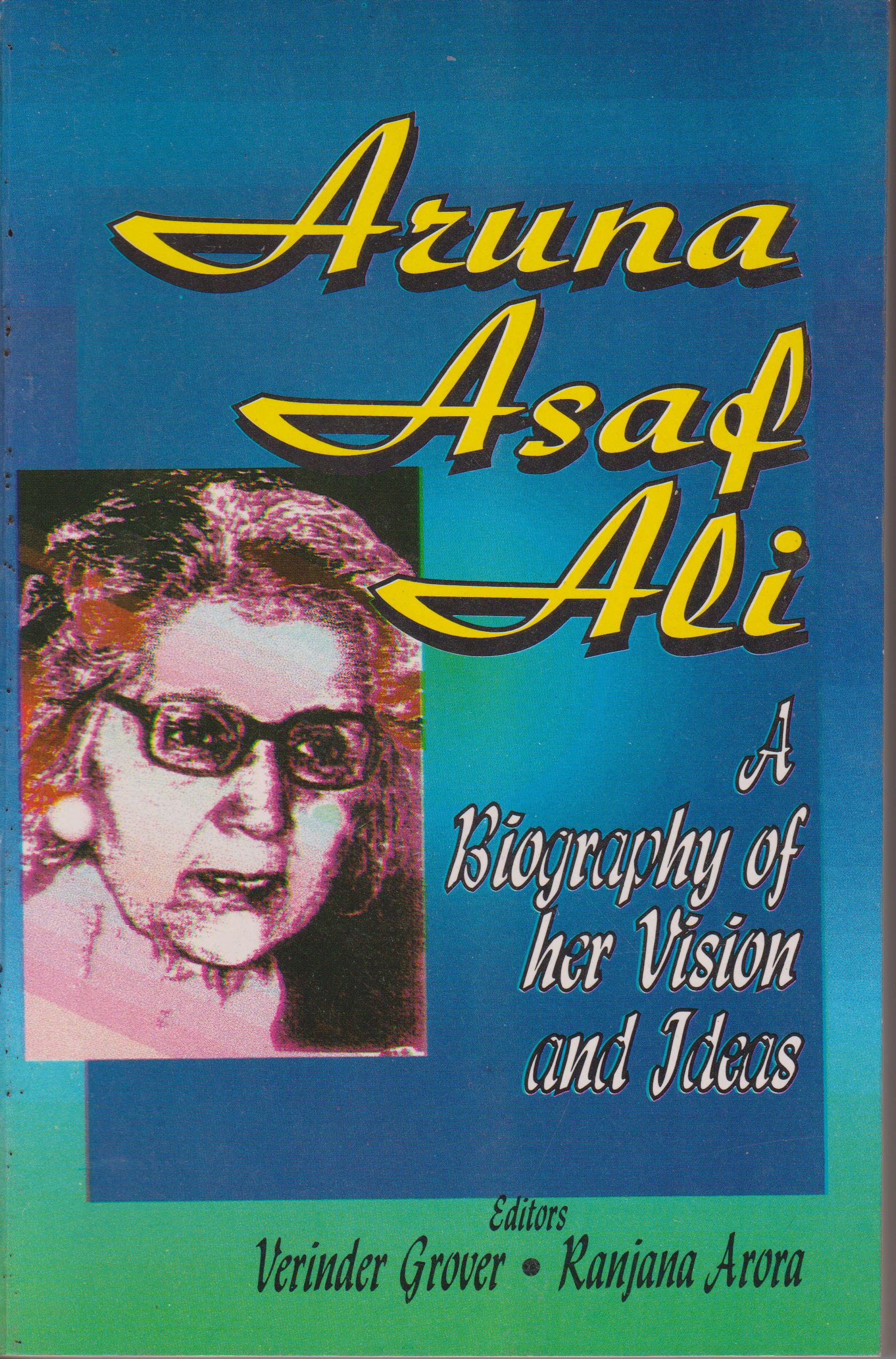

Reviews
There are no reviews yet.